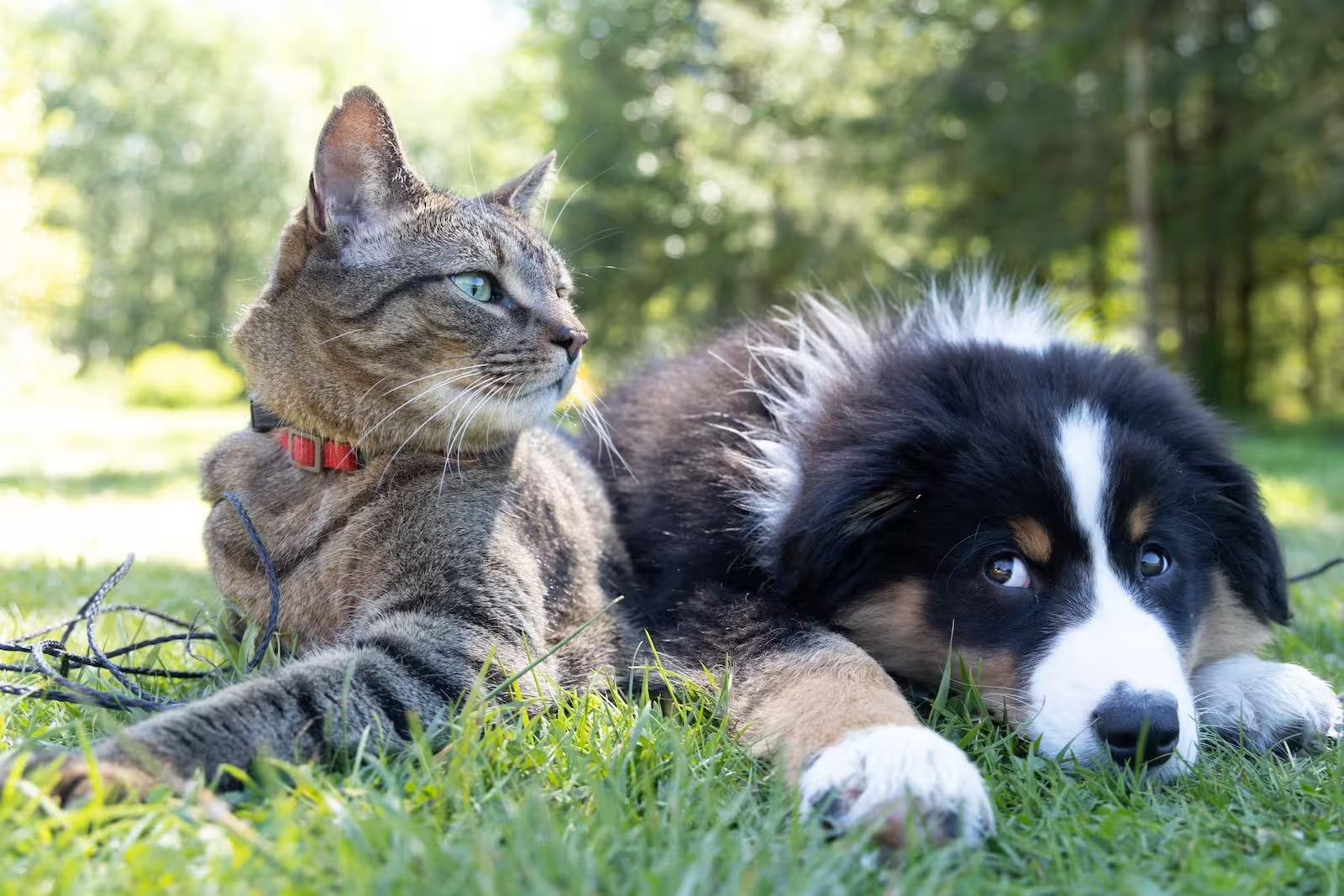Last updated on September 15, 2022
WASHINGTON — The ASPCA® (The American Society for the Prevention of Cruelty to Animals®) commended the U.S. House of Representatives for passing the Planning for Animal Wellness (PAW) Act, H.R.7789/S.4205, to encourage collaborative relationships between government agencies and outside experts to incorporate pets into disaster planning, including preparedness, response and recovery efforts. Sponsored by Reps. Dina Titus (D-NV) and Peter DeFazio (D-OR) and Sens. Gary Peters (D-MI) and Rob Portman (R-OH), this legislation would direct the Federal Emergency Management Agency (FEMA) to establish a working group of experts to review current best practices for animals in emergencies and natural disasters, and if necessary, issue new guidance.
The PAW Act unanimously passed the Senate in August, and with passage in the House, it will now go to the desk of President Biden for his signature. Passage of this legislation comes during National Preparedness Month and the five-year anniversaries of Hurricanes Harvey, Irma, and Maria, a string of devastating storms that displaced millions of people and their pets in 2017.
“We’ve seen firsthand how incorporating animals into disaster plans can prevent avoidable tragedy, making the PAW Act a critical measure to protect these animals and the people who risk their lives to save them,” said Matt Bershadker, ASPCA president and CEO. “We’re grateful to Representatives Titus and DeFazio, as well as Senators Peters and Portman, for championing this legislation to create a FEMA-led working group to establish best practices for assisting animals in disasters, and we look forward to continuing our collaborative work to save and protect these vulnerable animals.”
“Pet owners in Michigan and across the country should not have to make the difficult choice of taking care of their pets or getting to safety when disasters strike,” said Senator Peters. “I look forward to seeing the President sign this bipartisan bill into law so that all of our loved ones – even those with fur, feathers or scales – can be safe during hurricanes, wildfires, floods, and other emergencies.”
“As a proud dog owner, it is concerning that animal and veterinary needs are often overlooked during disasters. I am pleased this bipartisan legislation has passed the House because it will require FEMA to establish a working group with outside experts to review current federal guidance regarding animals in disaster preparedness, response, and recovery to ensure it aligns with current best practices,” said Senator Portman. “This bill will help ensure Ohio families and other animal owners have up-to-date guidance for disaster preparedness.”
“As a member of the Animal Protection Caucus, I was pleased to introduce the PAW Act to help protect our beloved pets during disasters,” said Congresswoman Titus. “When preparing for and responding to catastrophes, animal welfare often is overlooked, and sadly, some owners make the risky decision of refusing to evacuate in order to stay with their pets. The PAW Act will ensure first responders and federal disaster response workers can help pet owners plan to keep every member of their family, even the furry and feathered ones, safe.”
“I applaud the House of Representatives for passing the PAW Act, which will help meet the needs of pets and service animals affected by emergencies and disasters” said House Transportation and Infrastructure Chair Peter DeFazio. “By establishing a FEMA working group focused on addressing the needs of animals, especially during evacuation and sheltering, we will be more prepared for disasters and can deliver the adequate care and dignity that animals deserve.”
A 2021 ASPCA survey revealed that 83 percent of current pet owners reported living in a community that faces natural disasters. A lack of emergency resources can sometimes force people to make the unimaginable choice between evacuating or sheltering in place to stay with their animals. The PAW Act would help ensure that pets, captive animals, and service animals are considered in disaster planning and emergency response, so families do not have to choose between their own safety and the safety of their pet.
Since the inception of the ASPCA Disaster Response team in 2010, the ASPCA has responded to more than 65 disasters, assisting nearly 120,000 animals in impacted communities. During the catastrophic string of Hurricanes in 2017, including Harvey, Irma, and Maria, the ASPCA assisted nearly 36,000 animals across Texas, Florida, South Carolina and St. Croix through evacuations, search and rescue, emergency sheltering, and pet food and supply distribution.
In addition to providing boots on the ground assistance in response to disasters, the ASPCA works closely with local agencies across the country to help enhance their animal response capabilities through grants and training opportunities. Over the last three years, the ASPCA has awarded more than $2 million in grant funding to authorized disaster response agencies providing support to companion animals, equines, and their owners in communities impacted by or at high-risk of natural disasters. It also works with lawmakers to increase access to co-sheltering opportunities to keep people and pets together when they are displaced by natural or manmade disasters.
To learn more about incorporating pets into preparedness plans, please visit www.aspca.org/disasterprep.
About the ASPCA®
Founded in 1866, the ASPCA® (The American Society for the Prevention of Cruelty to Animals®) was the first animal welfare organization to be established in North America and today serves as the nation’s leading voice for vulnerable and victimized animals. As a 501(c)(3) not-for-profit corporation with more than two million supporters nationwide, the ASPCA is committed to preventing cruelty to dogs, cats, equines, and farm animals throughout the United States. The ASPCA assists animals in need through on-the-ground disaster and cruelty interventions, behavioral rehabilitation, animal placement, legal and legislative advocacy, and the advancement of the sheltering and veterinary community through research, training, and resources. For more information, visit www.ASPCA.org, and follow the ASPCA on Facebook, Twitter, and Instagram.































